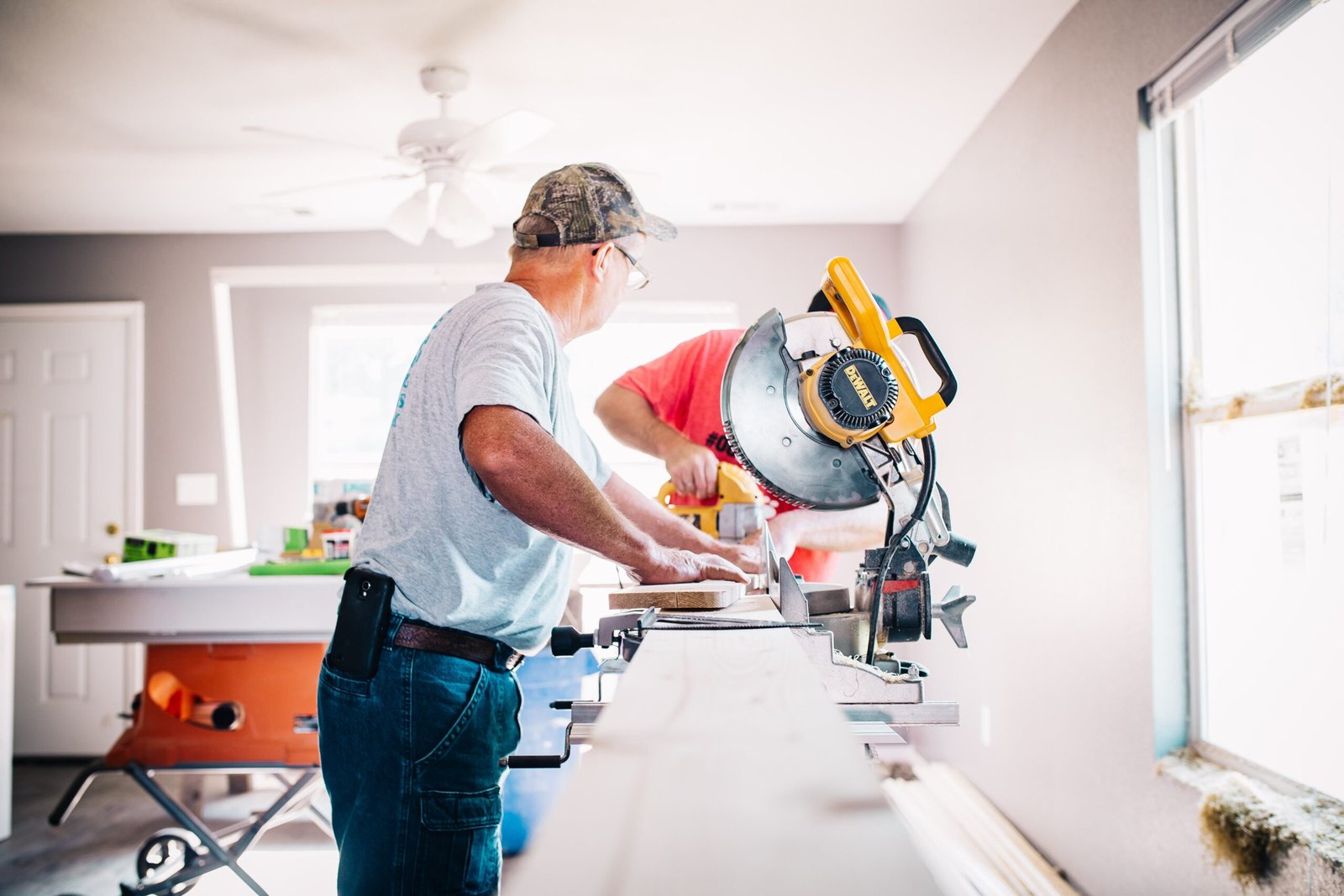
The Retirement World
Will robots steal the fun out of your retirement? You might have heard that AI and a new breed of robots will potentially force many of those born in the 1970s and 1980s into early retirement. We’ll see.
But whatever the reason and the age you choose to retire, one thing that’s certain is that robots will play a more meaningful role post our retirement. Whether it is robots as social companions, trained robots to take care of seniors in nursing homes, or simply those that will run errands for us and maintain our living pads, robotics will be integral to our retirement.
Robots are already around us — think of self-driving cars, smart home systems (like Alexa) and a variety of drones and toys. But even as you read this, AI is helping make them more sophisticated. In the not-too-distant future, therefore, we can expect them to not just remind us when it is time to take our medicine (apps and alarms do that today), but also hand it over to us with a glass of water.
A robot — whether or not it looks like a human with a face, torso, arms and legs — will be able to monitor our vitals in real-time and alert a doctor if/when it is required. A more developed machine should be able to assist us in getting up in case we slip and fall down. A basic one should be able to, at the very least, call a pre-listed number or numbers for help once it realises a human is down and not getting up despite their repeated attempts to elicit a response.
And then there’s the human need for social interaction. A human, of course, is best suited for such an interaction. However, as is increasingly evident from experiences in countries like Japan, Sweden and even India, a greater number of seniors is now living a lonelier life than at any time in the past.
Humans may not always be available — or willing — for such an interaction. But a robot will never be ‘not in the mood’ to play chess or too busy to pay a visit to an old or indisposed person. Multitasking robots can and will, eventually, outclass household help in performing chores, be better at managing your finances than your spouse (yes), and even take you to the movies (or play your favourite one at home).
Retired life with a robot doesn’t look all that bad anymore, does it?































































































